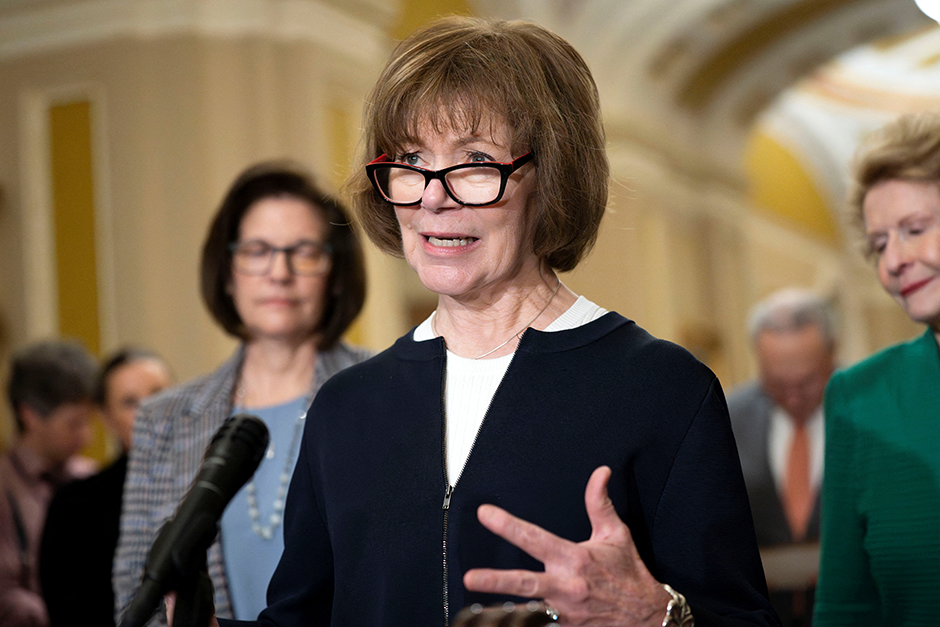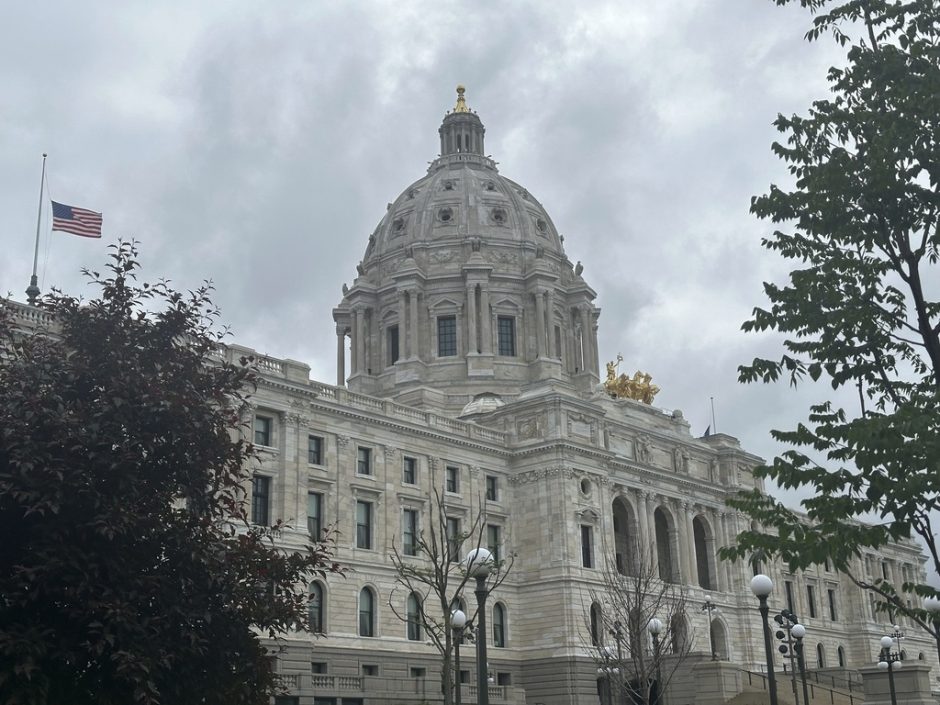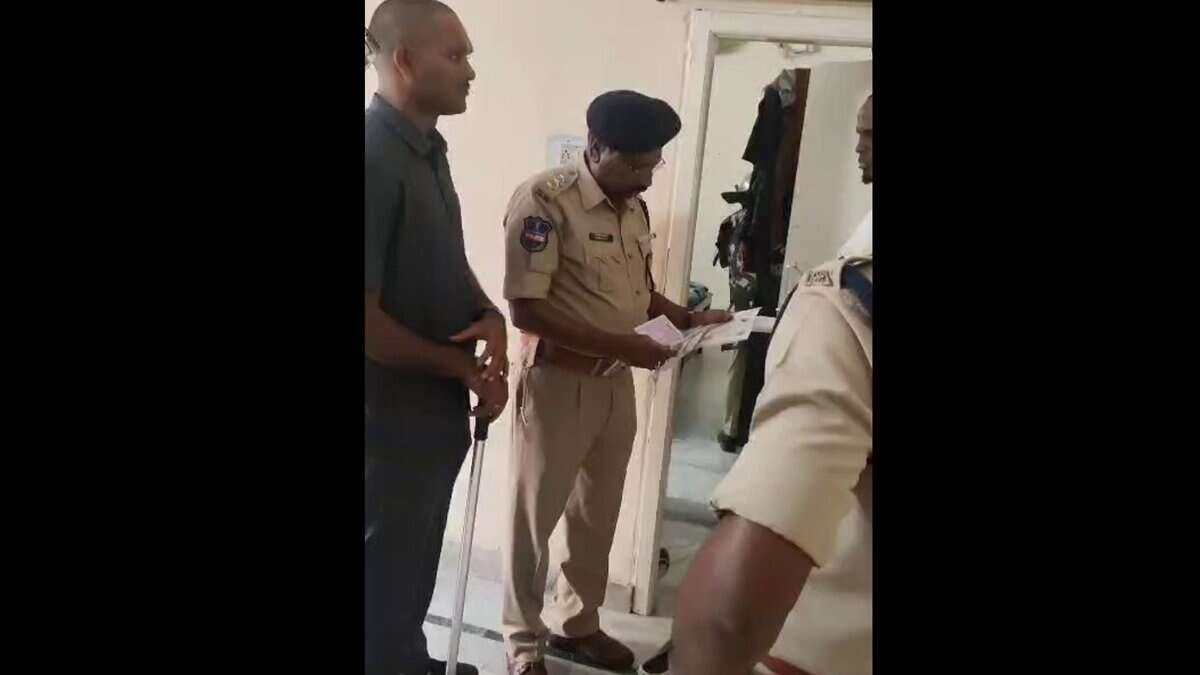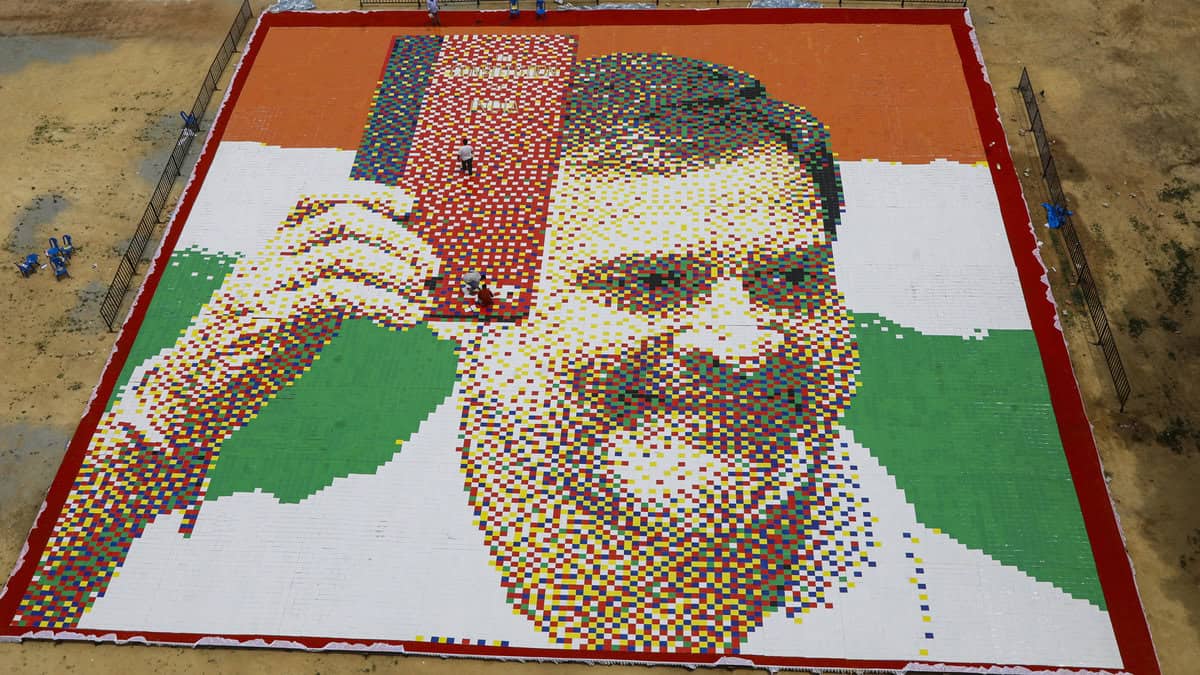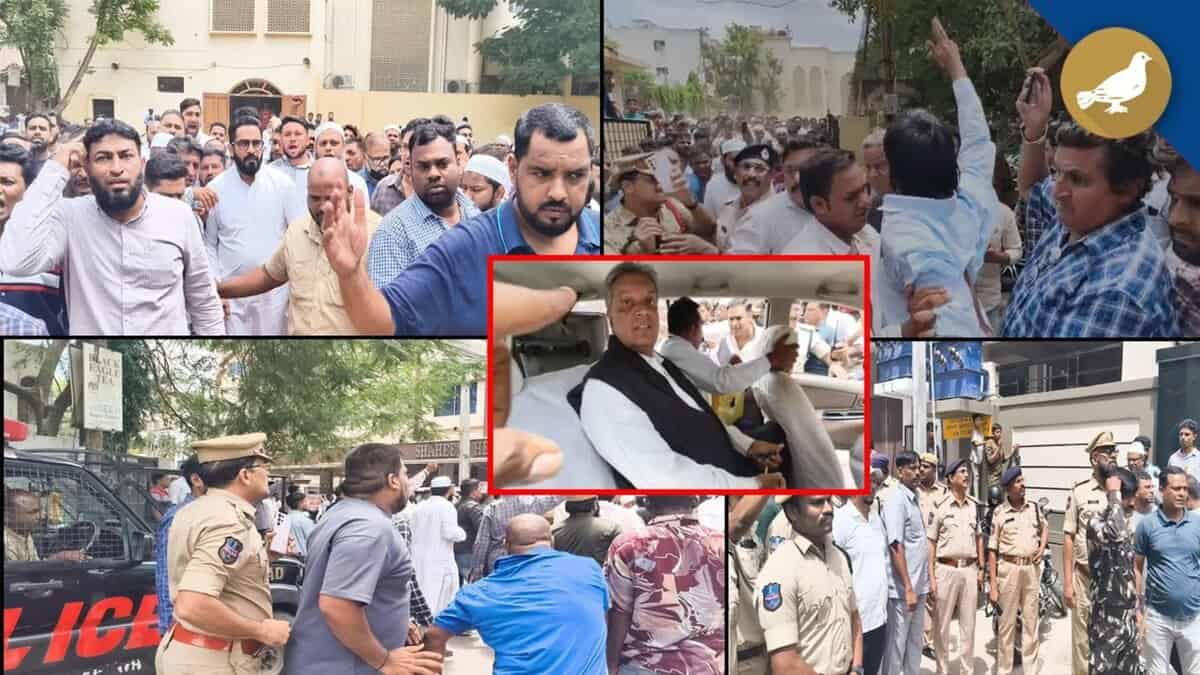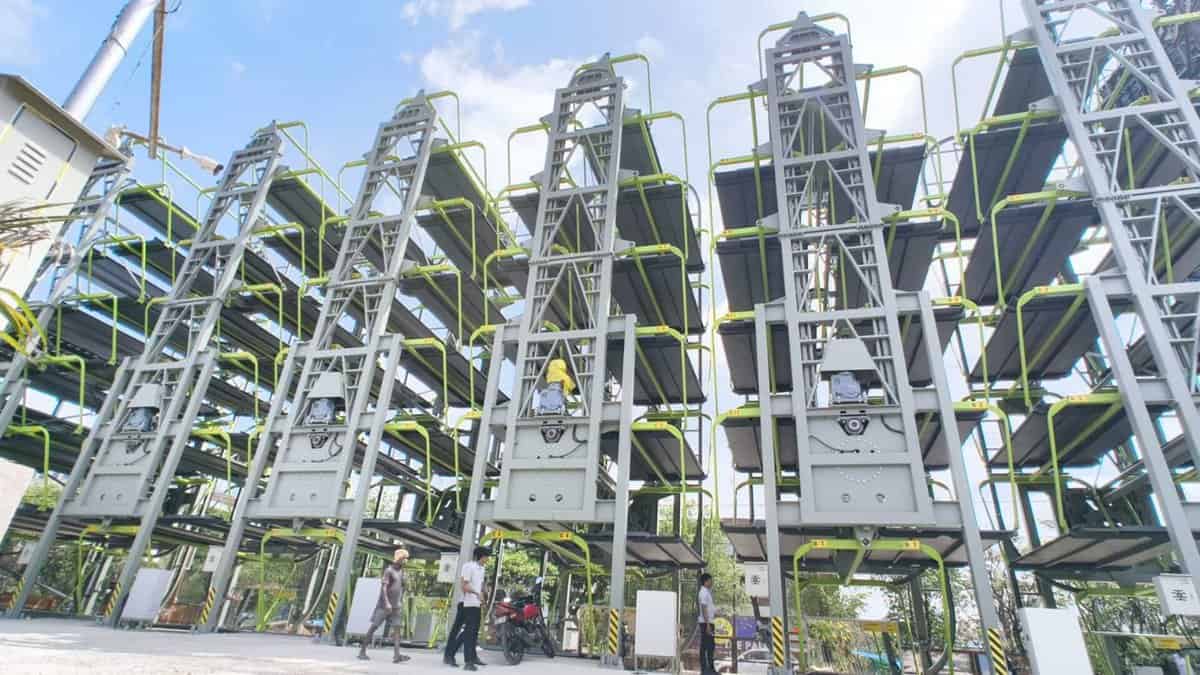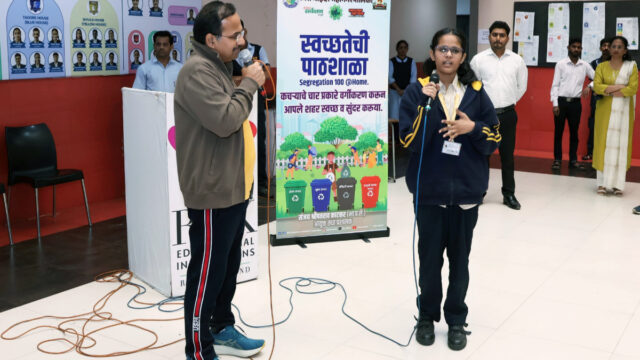Mira Bhayandar: MBMC’s ‘Swachhta ki Paathshala’ educates students on waste segregation and cleanliness | File Photo
Mira Bhayandar: The sanitation department attached to the Mira Bhayandar Municipal Corporation (MBMC) has launched “Swachhta ki Paathshala” – an initiative aimed at spreading awareness about the importance of clean surroundings and promoting behaviour change for strengthening Waste Segregation at Source (WSS) amongst students studying in municipal and private schools in the twin-city.
The first two interactive sessions under the initiative were held at the municipal school (No: 9) in Ghodbunder and RBK School in Mira Road in the presence of municipal commissioner- Sanjay Katkar and other senior officials on Friday. Principals, teachers and students of both the schools participated in the sessions.
Apart from various other aspects related to hygiene and cleanliness, the sessions mainly focused on imparting lessons on waste segregation, classification of biodegradable and non-biodegradable waste, and the importance of avoiding plastic usage. A question hour was also organised during the session.
“Our objective is to facilitate, strengthen, widen and deepen the adoption of WSS practices among different stakeholders including students who can play a crucial role for a sustainable and lasting impact. I was happy to notice that most of the students who registered their participation in the first interactive session gave accurate answers on the topic during the question hour.” said Katkar.
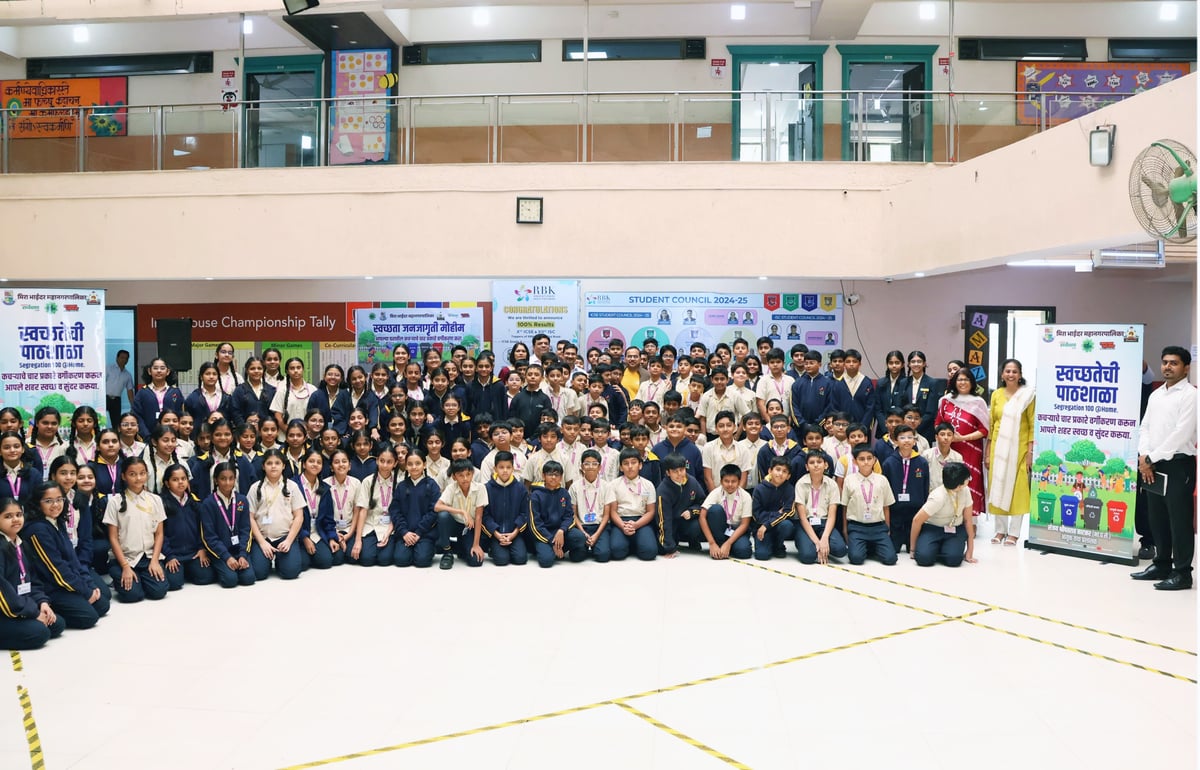
Apart from the 550 tonnes of garbage, an additional quantity of more than 10 ten tonnes is generated in the form of industrial and bio medical waste in the twin-city.
However, the quantity of segregation at source continues to hovers around 78 percent, which has become a cause of concern for the civic body. Notably, as per provisions of the municipal solid waste management rules, it is binding upon societies and individuals to segregate waste at source.
RECYCLINK: QR Code-based Mechanism to Monitor Waste Collection.
Struggling to achieve 100 percent WSS the MBMC has also introduced the segregation 100@home project which includes implementation of a Quick Response (QR) code-based mechanism to monitor waste collection.
Throwing light on the mechanism a senior MBMC officer said, “During waste collection, the sanitary workers scan the unique QR code affixed at the entrance of the house and record their feedback, to make sure whether the segregation of waste was done at the source or not. The workers then click photographs of bins which are dumped with non-segregated garbage and upload them on a software which has been designed and developed by a start-up under the flagship project of the central government to encourage innovative ideas, start-up culture and entrepreneurship.”








